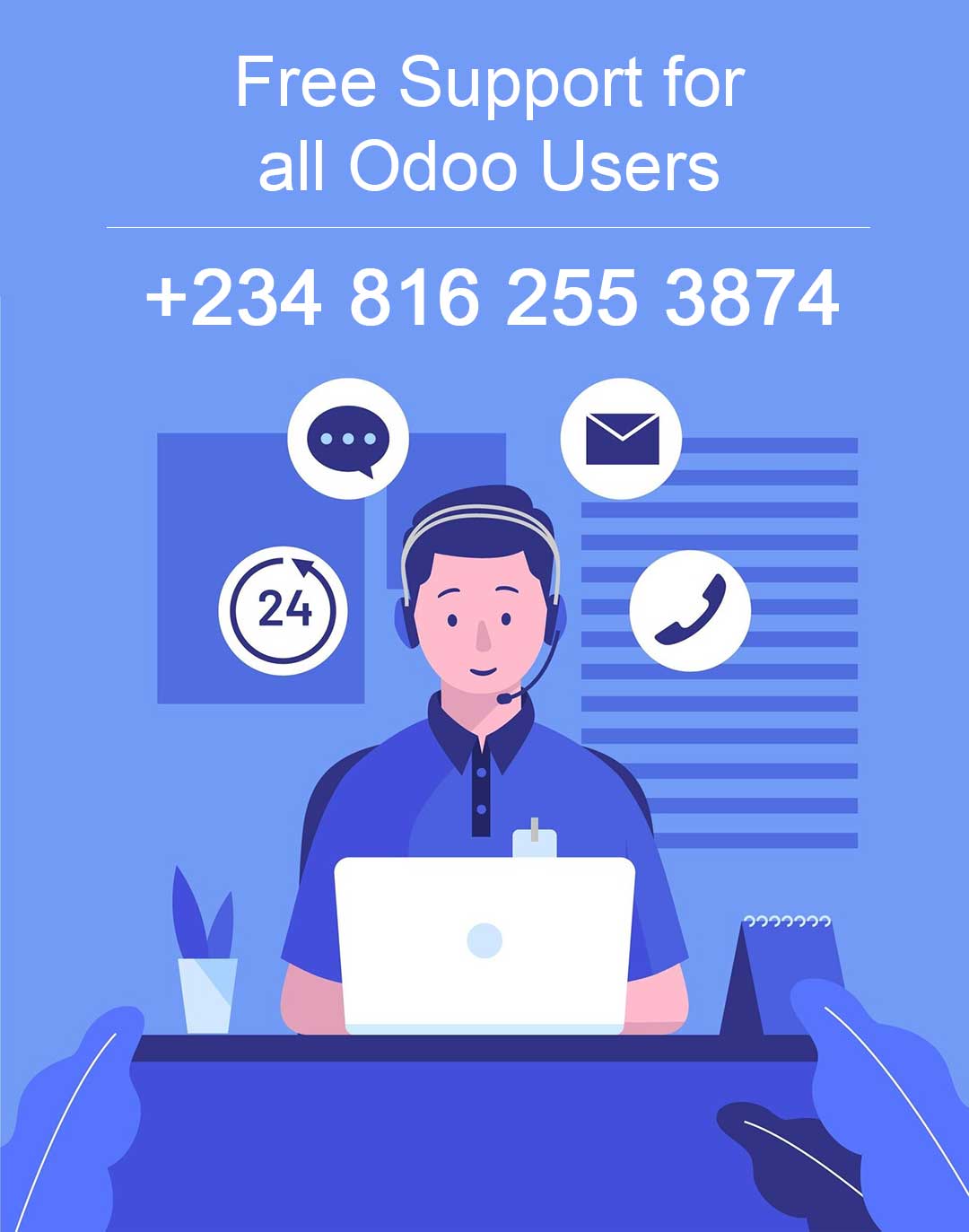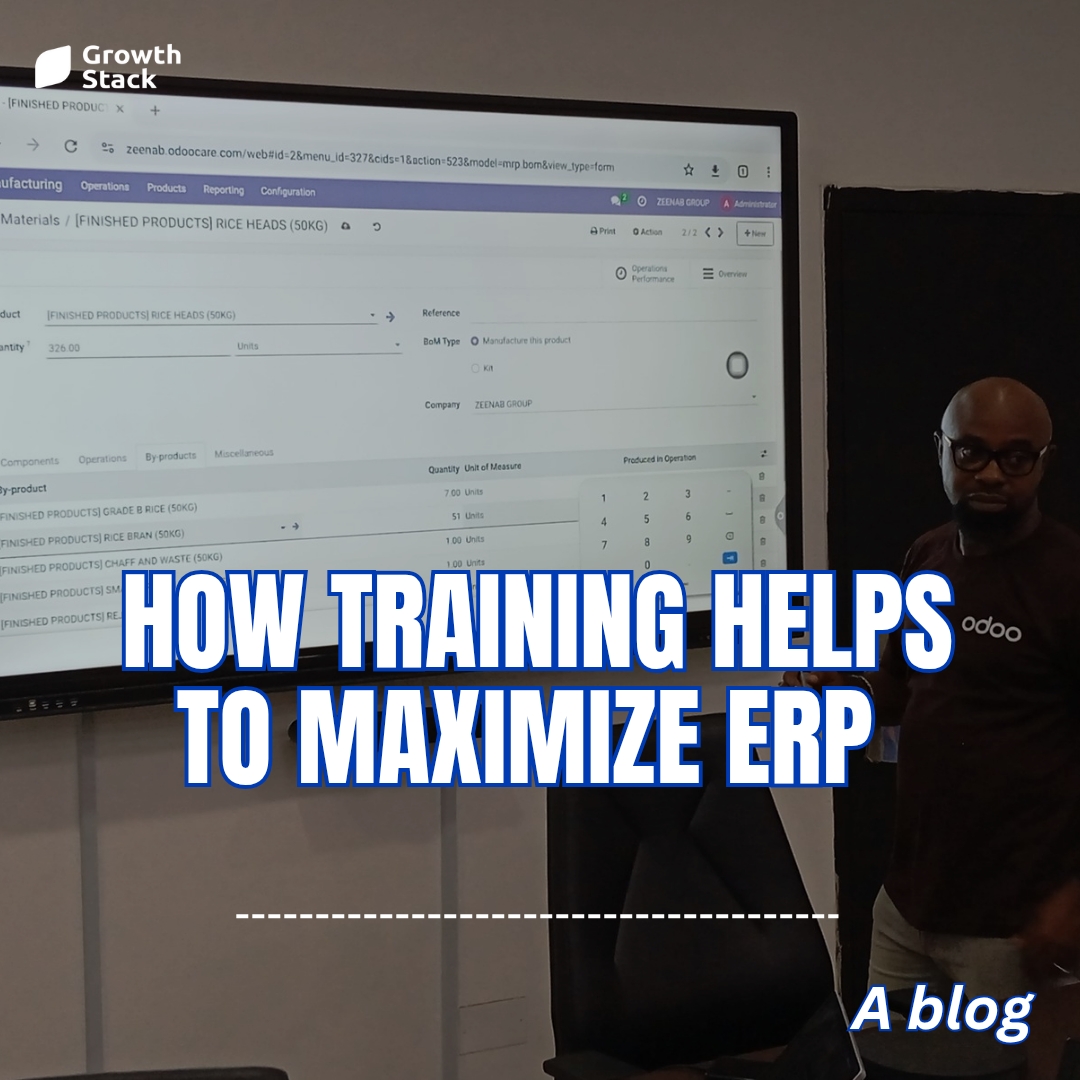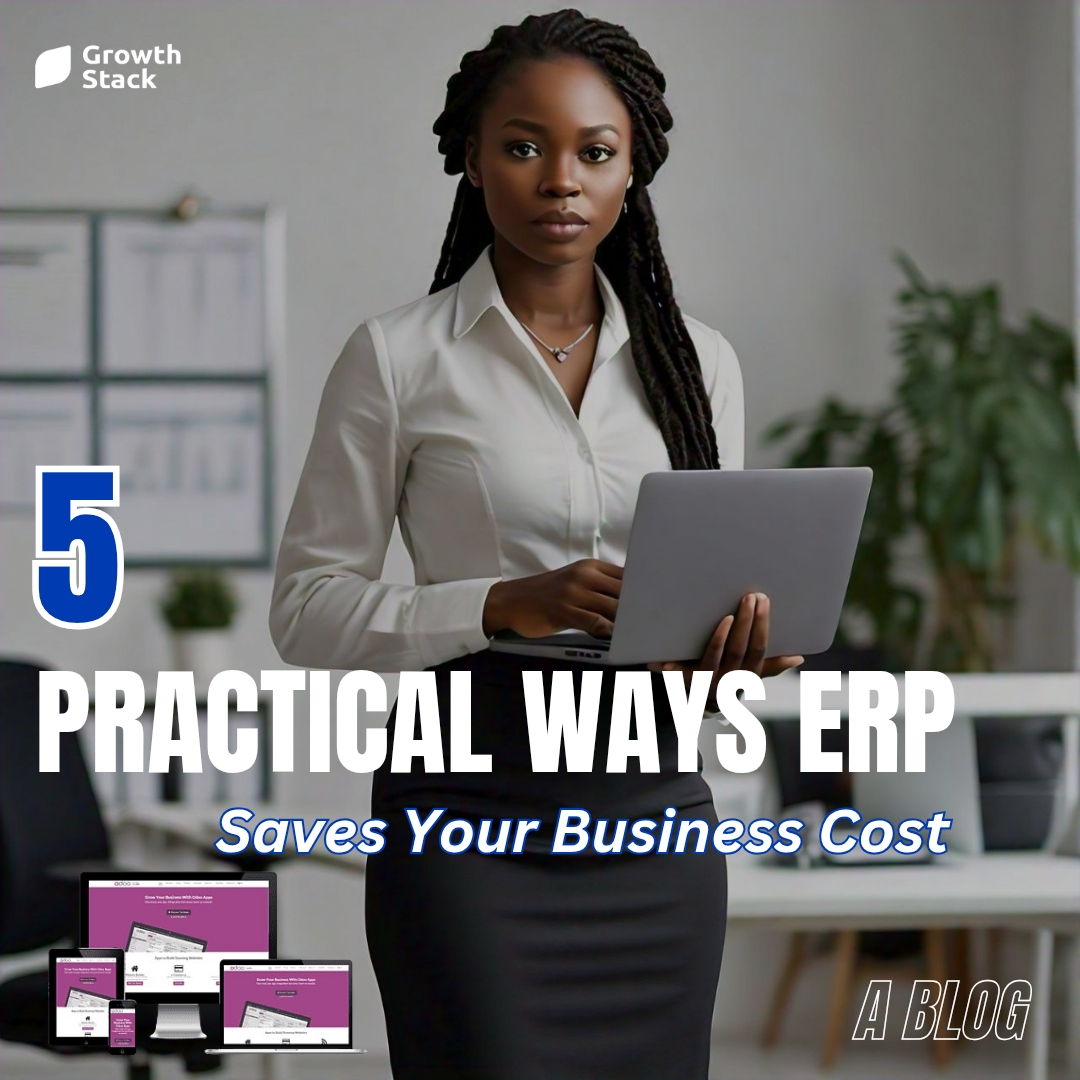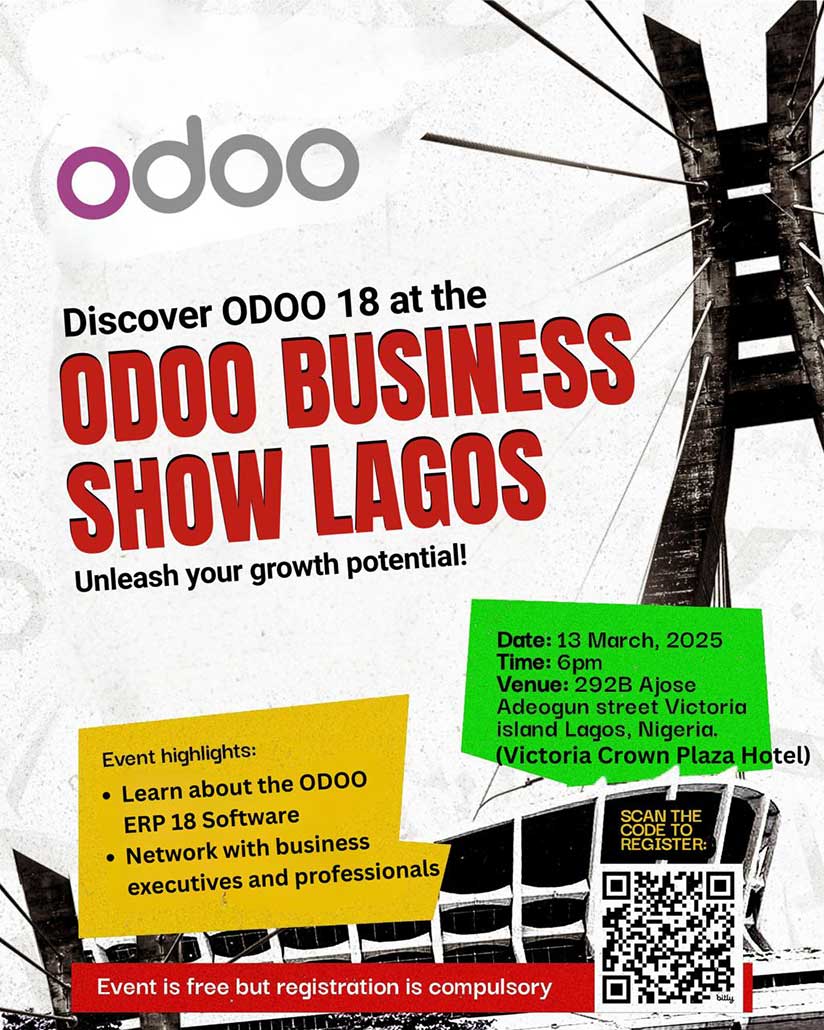The Significant Differences between Accounting Software and ERP Software.
People who are actively involved in the business sphere usually use technical words. They frequently forget that industrial jargon is not understood by everyone. The same is true for ERP software; they are crucial tools for specialists but may be a confusing term for newbies. This article is about the difference between Accounting Software and ERP.
So, if you want to know the difference between ERP and accounting software, you should look into each of these issues in depth. Many individuals seem to use these terms interchangeably, however ERP and accounting software are not the same thing. Their functioning and applications differ significantly.
What exactly is Accounting Software?
Accounting software, as the name implies, is largely used to manage a company’s accounting. Accounting software, in practice, manages the financial parts of the business while keeping meticulous records of all business transactions, journal entries, AR/AP, and general ledger utilization. It also contains information on balance sheets and income statements. Accounting software is the most dependable instrument for maintaining an organization’s financial health.
What exactly is ERP software?
ERP, on the other hand, stands for Enterprise Resource Planning, and this module is capable of tracking a company’s intangible and tangible assets such as inventory management, order fulfillment, production management, invoicing, reporting, and job costing. Simultaneously, it provides assistance with Customer Relationship Management and Human Capital Management. Essentially, this technology is intended to consolidate the entire organization into a single suite with effective management capabilities.
Accounting software is not intended to provide Manufacturing Management, however ERP software can meet these requirements quite well. Production Planning, Bill of Materials, and many other features are included in this section.
Businesses sometimes encounter situations where managing the availability of shipments and production resources becomes difficult while meeting the escalating needs of their customers. It frequently results in missing delivery, order modifications, and machine breakdowns. In such cases, organizations use production management software to easily handle a range of variables. When accounting software is unable to handle such intricacies, the ERP can provide excellent service.
In a nutshell, the ERP solution assists organizations in finding new ways to expand with a happy client base in a competitive market.
What exactly is small business ERP?
ERP stands for Enterprise Resource Planning. ERP software is a form of software that connects several features or applications in a single tool for commercial objectives. ERP software will assist you in running your complete firm. ERP will centralize all of your company’s main processes. Accounting, sales, finance, supply chain, HR, services, and manufacturing are some of the main processes.
In general, ERP software will be real-time. All of its actions are performed using a single database. In layman’s terms, ERP is a form of management software that integrates all of your company’s main processes into one location.
Major Differences Between ERP and Accounting Software: You may now utilize customized accounting software and ERP (Enterprise Resource Planning) software like Odoo, SAP, Oracle to manage your financial transactions and ensure stress-free bookkeeping thanks to modern cloud technology. Instead of deploying your own servers and acquiring software licensing, this can be readily installed in the cloud and used as a subscription service.
However, before you can decide which will best meet your needs, you must first understand the distinction between ERP and accounting software.
ERP vs. Accounting Software distinction between ERP and Accounting Software
The primary distinction between these words is that accounting software typically assists in areas such as banking, accounts payable and receivable, financial reporting, and basic sales recording. Accounting software is intended to manage a few distinct business sectors. ERP software, on the other hand, offers the basic accounting capability as well as a few additional capabilities to manage logistical requirements, supply chain, warehousing, inventory, eCommerce, and contact management. ERP is best defined as a fully integrated technology that provides a complete business solution.
Let’s look at the three main distinctions between accounting software and ERP:
1. ERP is a business program that lets you handle your inventory management, tangible and intangible assets, invoicing, order fulfillment, job costing, and so on.
Accounting entails dealing with the general ledger, accounts receivable and payable, payroll, costs, and other related issues. However, enterprise resource planning (ERP) aids in the management of challenges that accounting does not address. Accounting functions, in other words, are a subset of ERP software. ERP is accounting software that does a lot more.
2. There is typically a significant difference in the cost of software between ERP and accounting software. Accounting software is typically inexpensive, and a small business can readily afford it. ERP deployment and upkeep can be prohibitively expensive, even for medium to large-sized organizations.
3. Another significant difference is the number of people needed to manage the software. Accounting software, on the other hand, can be operated solely by small business owners. To keep an ERP system operational, a team of professionals is required. ERP software typically has a steep learning curve.
4. Inventory monitoring is limited or minimal in the accounting software, and web-based add-ons are available. On the other hand, the ERP system is adaptable enough to release users from the constraints of accounting software. It also allows you to improve your company’s accuracy and client service.
Meanwhile, ERP can help you cut stock carrying expenses, inventory write-offs, and labor expenditures. Furthermore, the inventory management module of the ERP assists you in making faster and more accurate decisions, which are crucial in today’s complicated multinational inventory situations.
5. ERP may assist in the planning of resources required for your organization, such as the number of raw materials required for the manufacturing process, as well as the management of a highly complicated production line, but accounting software lacks such functionality.
While both are crucial for your organization in their own right, the ERP is more adaptable than accounting software and allows you to manage multiple duties more easily. It all boils down to the needs of your company and the size of the company.
Accounting software can usually suffice for a small firm for a long time, however ERP software is required for fairly large businesses or businesses that handle a lot of manufacturing and inventory.
What role does ERP play in Accounting Software for Small Businesses?
The scale of a corporation may or may not necessitate the use of an ERP. ERP allows you to gain a deeper understanding of all aspects of your business. ERP enables your firm to make more accurate decisions in a faster and less disruptive manner.
Accounting demands are simple to manage:
The accounting department is an important aspect of every sort of corporation. You can manage a lot more areas using an ERP system. Here are a few examples.
The ERP system makes it easier to estimate cash flow management and capital requirements.
Installing ERP software allows you to better plan your time and budget. Proper and healthy budget planning allows you to examine the financial health of your small business.
Data management is critical in business. Smarter data management can go a long way. ERP software for small enterprises can centralize all of your data.
Analytics/Reporting:
A data is deemed to be beneficial just if your company can examine it by comprehending it. Otherwise, it is pointless! This is done by an ERP! Most of the biggest organizations have appealing reporting and the best analytics solutions to assist users in tracking their KPIs and displaying their required data.
Because an ERP is a full package, it assists every organization in understanding how a minor problem or adjustment in one department can effect the rest of the company’s departments.
Data Quality and Financial Management:
An ERP system makes it easier for the accounting department to retrieve data. A well-organized organization’s resources and process will allow them to maintain good financial measures. An ERP secures financial information, which your co-author can manage and update if they have access to it.
There are organizations that employ a distinct system for sales and accounting. These organizations must manually maintain their data. However, an accounting ERP system includes automatic data transfer. In this instance, no human resources are required to manage the data. Furthermore, data management is more accurate, consistent, and speedier.
Maintains Customer Relationships:
ERP enables small firms to deliver their products or services to their customers more quickly. When a client buys from a seller, they should be satisfied. While accepting the merchandise from you, the seller must make the client feel good about themselves. This will build a favorable impression of your organization. ERP software can help you achieve this level of client satisfaction.
Employee Coordination:
An ERP can help you integrate all of your processes! This aids in improving employee coordination. Furthermore, an ERP facilitates direct online communication between two or more personnel members of your firm. As a result, your employees’ actual presence becomes less necessary.
Risk Management:
An ERP is not only simple to manage, but it also allows you to identify and reduce risk concerns. An ERP system is precise and dependable. An ERP system can help to reduce the likelihood of errors. You can forecast all of your risks since you can predict all of your occurrences with the help of an ERP system.
Are ERP systems the same for small and large businesses?
No! ERPs for small and large businesses are not the same thing! When comparing their ERPs, an ERP for large firms lasts longer than an ERP for small businesses. For small organizations, an ERP is only an option until the tedious functions and costs have been reduced.
The following are the key causes for the aforementioned points.
Because they are at the starter stage, small businesses do not require advanced enterprise functions. Furthermore, they are unable to compete with large commercial ERPs. They are more expensive.
Small businesses are more adaptable in terms of changing their business operations. It is more challenging in the case of large corporations.
ERP systems for small and large organizations are developed differently. Both have distinct business implementation strategies. However, at the moment, we have a cloud-based ERP alternative that is accessible to small firms.
What next?
Please get in touch with Growth Stack right away if you have any questions or would like more information about how ERP software may assist you in accelerating stronger process transparency. We are a team of ERP business improvement system professionals. We implement ERP systems for a whole host of industry sectors, and we can assist you in deploying an ERP system that will support your journey toward remote working.













